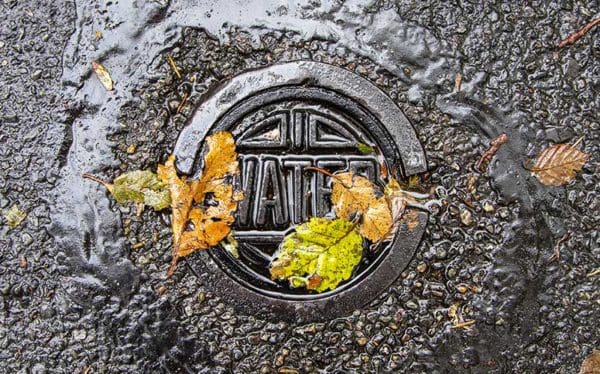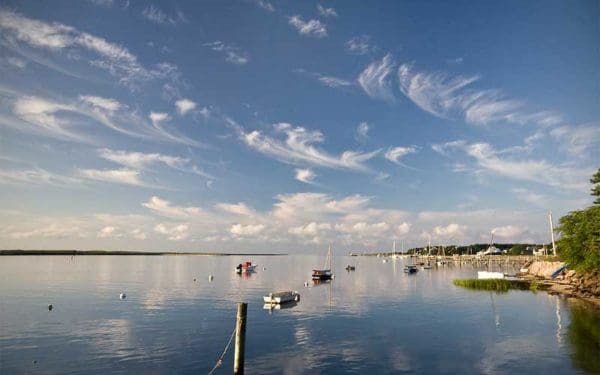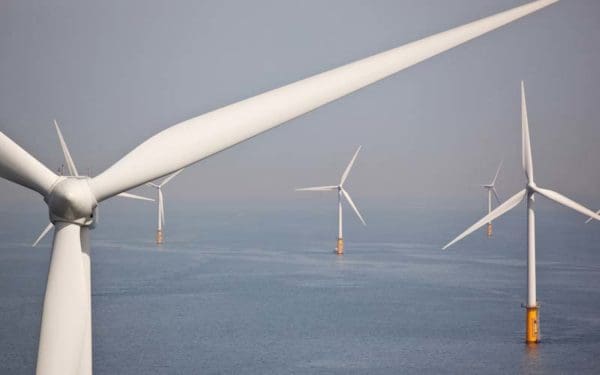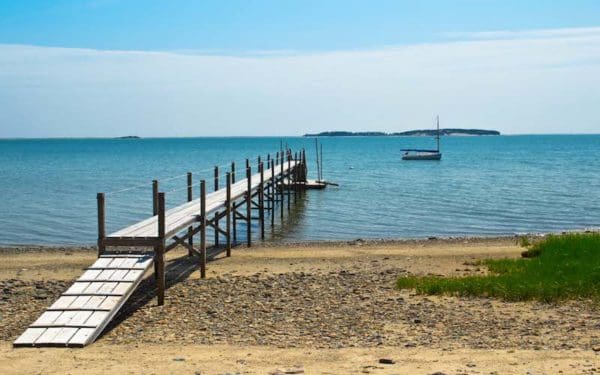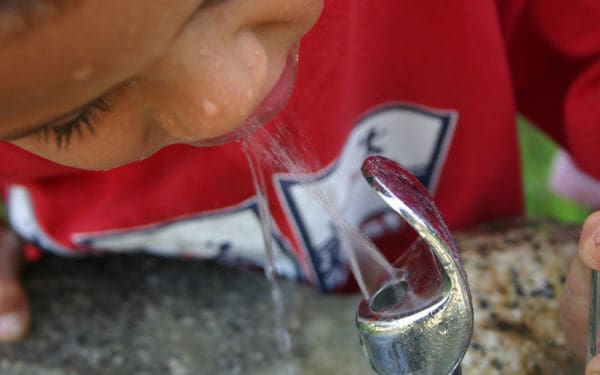Nov 12, 2019
Polluted runoff is harming our lakes, rivers, streams, and ocean. To solve the stormwater pollution problem, we must address its largest source: the storm sewers of our cities and towns. Maine’s Department of Environmental Protection is proposing a new permit program that will not only limit and control the volume of pollution flowing from the storm sewers in our communities but also require cities and towns to devise plans to prevent that pollution in the first place.
Nov 08, 2019
Amy Moses, Rhode Island director of the Conservation Law Foundation, said that at a minimum any regulations in the state must have an enforceable drinking water standard at the lowest possible level for some of the most common PFAS chemicals. But she said it’s not enough to target only a few of the compounds when there are thousands of slightly different variations in the PFAS family.
Nov 07, 2019
Andrew Gottlieb, Executive Director of the Association to Preserve Cape Cod, discusses the organization’s recent report, which showed that many of the Cape’s coastal waterways fail to meet basic water quality standards.
Nov 05, 2019
“It’s really unconscionable that the system allows this to continue,” said Caitlin Peale Sloan, also a senior attorney at the Conservation Law Foundation in Boston. “These forever chemicals enter your body, and don’t leave, and they compound. Protecting the public from these chemicals should be an urgent concern.”
Oct 30, 2019
Offshore wind is a crucial element of New England’s clean energy future, and Massachusetts has been betting big on this new industry. So despite the Trump administration’s delay of a promising project, Massachusetts is still moving forward with this critical source of local clean energy.
Oct 15, 2019
“CLF brought this case and others because nitrogen pollution is choking Cape Cod’s waters,” said Brad Campbell, President of CLF. “But in my thirty years of holding polluters accountable, I have rarely seen a property owner as constructive and solution-oriented in their response as Wequassett. All Cape Cod towns, property owners, and other resorts need to follow Wequasett’s example in protecting the Cape’s economy and way of life from irreparable damage by the relentless wastewater pollution of bays and ponds.”
Oct 10, 2019
“It’s imperative that we end childhood lead poisoning in our lifetime,” said Amy Laura Cahn, Director of CLF’s Healthy Communities and Environmental Justice program. “Don’t be fooled into thinking that families will be protected by this proposed change. We need a health-based standard that recognizes the only safe level of lead for kids is zero. That – and removing lead pipes from our water infrastructure – must be the only goal for regulators.”
Oct 09, 2019
Preserving the Cape’s beautiful waters is a responsibility that rests on all of us, and we will only be successful if every town and resort does their share. Every resident and visitor deserves the opportunity to enjoy the area’s bays, beaches and ponds for years to come. To preserve that opportunity, individual polluters as well as town officials must commit to stopping this dangerous pollution. We must protect our waters (and economy) for future generations.
Oct 02, 2019
Roads, drinking water wells, landfills, and other infrastructure are susceptible to rising groundwater, too. “We actually have infrastructure that’s inland that we need to be thinking about as well in terms of reliability and functionality in the face of climate change,” said Elena Mihaly, staff attorney at Conservation Law Foundation.
Oct 01, 2019
As they campaign in New Hampshire, presidential candidates must address the critical environmental threats facing our communities.
